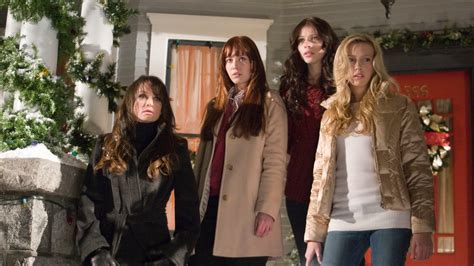The festive season is upon us, and with it comes a plethora of holiday-themed events, decorations, and traditions. For many, Christmas is a time of joy, love, and giving, a period to reconnect with family and friends, and to create lasting memories. In this article, we will delve into the world of Christmas, exploring its history, cultural significance, and the ways in which it is celebrated around the globe.
A Brief History of Christmas

Christmas, as we know it today, is a holiday commemorating the birth of Jesus Christ, observed primarily on December 25 by Christians around the world. However, the history of Christmas is complex and multifaceted, with roots in ancient pagan festivals that celebrated the winter solstice. The winter solstice, which typically falls on December 21 or 22 in the Northern Hemisphere, marks the shortest day of the year and the beginning of the lengthening of days. Many ancient cultures recognized this astronomical event as a significant turning point in the solar year, often celebrating with festivals and rituals to mark the return of the sun.
The early Christian church, in its efforts to spread Christianity throughout Europe, incorporated many of these existing festivals and traditions into the celebration of Jesus’ birth. This assimilation was a strategic move to make the new faith more relatable and accessible to potential converts, and it laid the groundwork for the modern Christmas celebrations we see today.
Cultural Significance of Christmas

Christmas is more than just a religious holiday; it has become an integral part of modern culture, influencing everything from music and film to food and gift-giving. The cultural significance of Christmas can be observed in the numerous traditions and customs associated with the season, many of which have evolved over centuries.
One of the most recognizable aspects of Christmas is the tradition of decorating homes and public spaces with lights, wreaths, and Christmas trees. The evergreen fir tree, in particular, has become a universal symbol of Christmas, representing life and hope during the cold and dark winter months. The origins of the Christmas tree tradition are often attributed to 16th-century Germany, where devout Christians would bring evergreen trees into their homes and decorate them with candles, fruits, and other ornaments.
| Country | Christmas Tradition |
|---|---|
| Germany | Decorating Christmas trees with candles and ornaments |
| Italy | Feasting on Panettone and other sweet breads |
| United States | Singing Christmas carols and watching holiday parades |

Global Celebrations of Christmas
Despite its origins in Christianity, Christmas has become a holiday celebrated by people of many different cultures and backgrounds. Around the world, unique traditions and customs have developed, reflecting local tastes, beliefs, and practices.
In Japan, for example, Christmas is not a national holiday, but it has become increasingly popular, especially among young people, as a time to spread joy and cheer. The Japanese tradition of “Kentucky Christmas” is a fascinating example of cultural exchange, where families often enjoy fried chicken from Kentucky Fried Chicken (KFC) as a holiday meal, thanks to a successful marketing campaign in the 1970s.
celebrating Christmas in Japan:
- Ordering KFC for Christmas dinner
- Exchanging gifts on Christmas Eve
- Watching the Tokyo Christmas lights
FAQs About Christmas
What is the origin of Christmas trees?
+The modern Christmas tree tradition is often attributed to 16th-century Germany, but the evergreen fir has been a symbol of life and hope during winter for thousands of years, used in various forms by ancient cultures.
Why do people give gifts during Christmas?
+The tradition of gift-giving during Christmas is believed to have originated from the Three Wise Men who brought gifts to the baby Jesus. Today, it symbolizes kindness, generosity, and the act of giving without expecting anything in return.
In conclusion, Christmas is a holiday that encompasses a wide range of cultural, historical, and religious dimensions. From its origins in ancient festivals to its modern-day global celebrations, Christmas represents a time of reflection, connection, and joy. Whether observed as a religious holiday or a cultural event, Christmas continues to evolve, incorporating new traditions while maintaining the essence of hope, love, and generosity that define the season.


